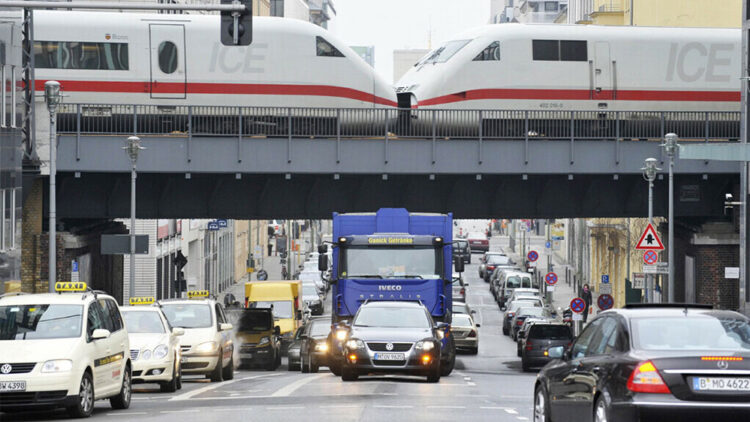Berlin: As Germany battles the energy crisis, the government, in line with the leading economic institutes, expects an economic contraction of 0.4 per cent in 2023 and says that the country could slide into recession next year.
“This severe energy crisis threatens to become an economic and, in conjunction with it, a social crisis,” Minister for Economic Affairs Robert Habeck said at a press conference here on Wednesday.
In its spring forecast, the German government had still projected growth of 2.5 per cent for next year.
The measures taken by the government to address the energy crisis have worked “no matter how serious and depressing these figures are,” Habeck stressed.
To ensure heating supply this winter, the authorities have accelerated the filling of the country’s gas storages. According to the government’s legal targets, gas storage facilities should be at least 95 percent full by Nov. 1. This target, Habeck said, has now almost been reached.
Driven by soaring energy prices, inflation in Germany has risen steadily since the start of the Russia-Ukraine conflict, reaching record levels of 10 per cent in September, according to preliminary figures issued by the Federal Statistical Office (Destatis).
As a result of the measures, inflation would drop to 7 per cent next year instead of rising further as predicted by the economic institutes earlier, Habeck said. “These packages will have an impact, also to curb inflation.”
However, companies have warned that “weak investment” is reducing the country’s growth potential. This increases the risk that the German economy would “lose ground in global competition,” the Federation of German Industries said on Wednesday.














Comments